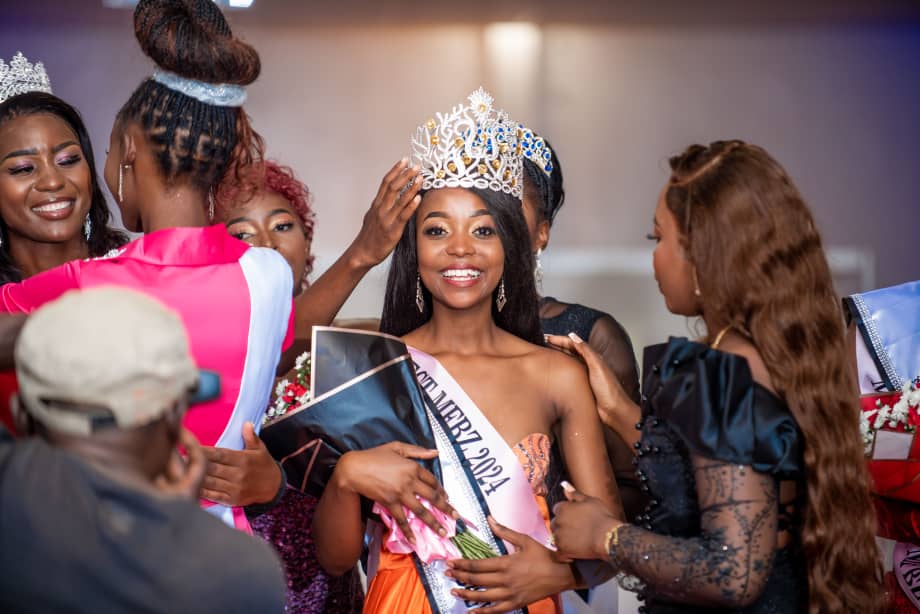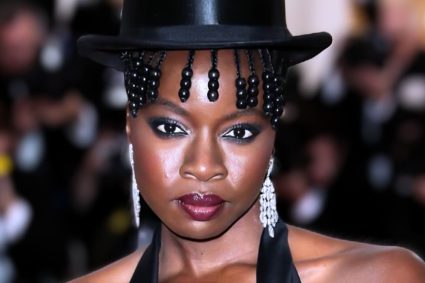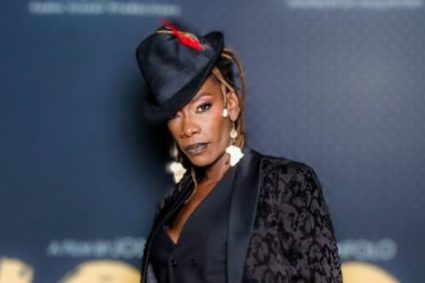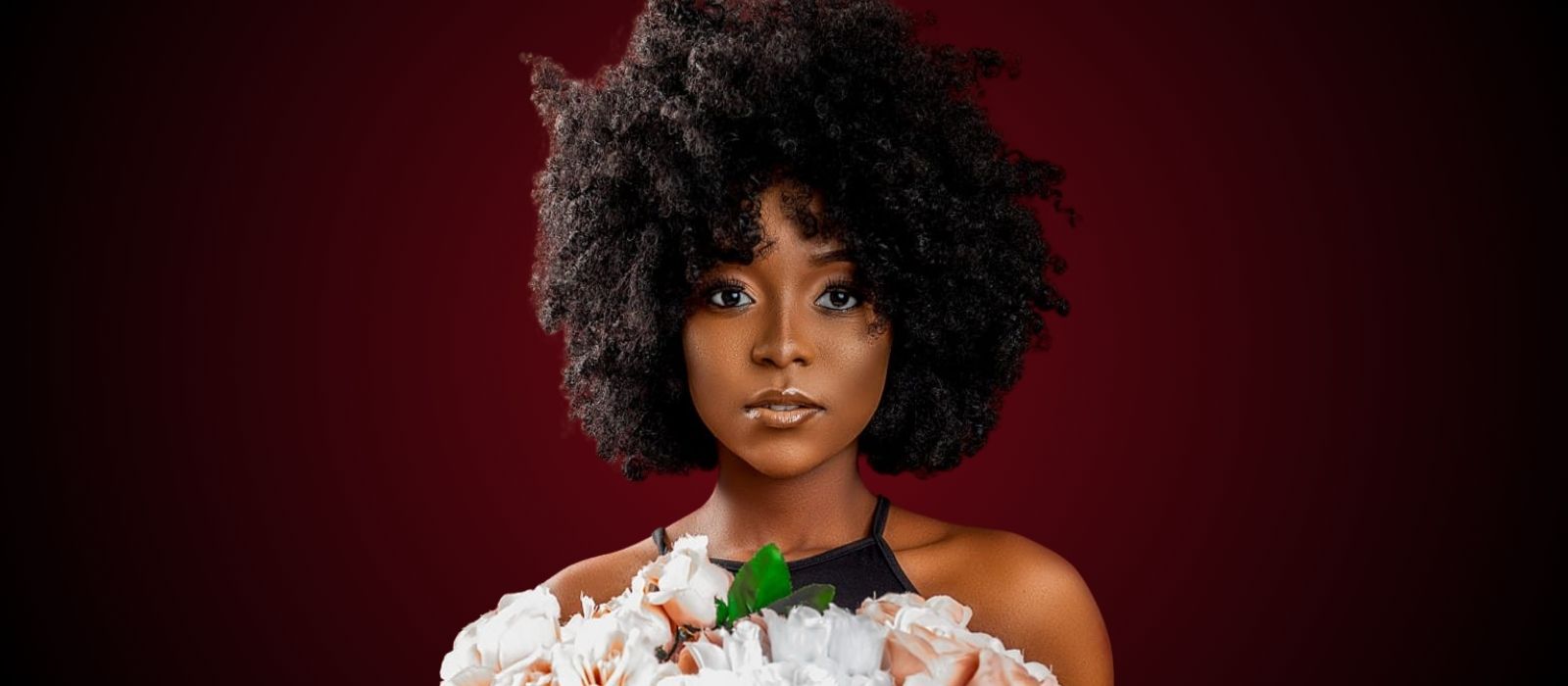
The rapidly expanding modelling industry in Zimbabwe has opened the floor for pageants and other opportunities for exposure to both established and aspiring beauties, making it a vibrant industry with a potential to compete and hold it’s on mark on the international scene.
One such pageant, the “Miss Facial Beauty Zimbabwe“, happened on the 13th of January in Harare and was a night of glitzy and glamour for the socialite bunch of towns who turned up for the event dressed like Hollywood stars.
However, for 20-year-old Selma Mutenda, it was the night she would remember as her night of glory. The budding model, who only started her career a year earlier in 2023 at the University of Zimbabwe where she’s studying, emerged the winner of the tightly contested pageant and was crowned Miss Facial Beauty Zimbabwe 2024.
The pageant, headed by Natasha Vimbai Zveurombo, former Miss Manchester UK, is a platform aiming to promote culture, originality and fostering the spirit of charity and confidence in young women.
My Afrika Magazine caught up with the recently crowned Queen of “facial beauty” who was bubbling with happiness over her victory. Below is the conversation the reigning Miss Facial Beauty Zimbabwe, Selma Mutenda (SM) had with Elias Muonde (EM).
EM: Hello Selma, congratulations on your new reign! How does it feel winning a national pageant?
SM: Winning a national pageant is an emotional experience. It brings back months of hard work and dedication. The moment I was crowned as the winner I had a mixture of disbelief and happiness and a sense of validation and accomplishment. I had proven to be the best in my field, and I am proud of this achievement.
EM: Tell us about the competition; did you expect to walk away with the crown on the night?
SM: Yes, to some extent I thought I would walk away with the crown easily, but the competition was stiff. I remember the day before the competition I was so nervous, and I thought I wasn’t going to make it, but I encouraged myself and I continued to work to win the crown
EM: What is Miss Facial Beauty Zimbabwe all about?
SM: Miss Facial Beauty is about promoting originality culture and charity but judging from my experience Miss Facial Beauty offered more than just that. Miss Facial Beauty promoted the safety of us models. The management made sure that no one took advantage of us and this helped me to realize my worth. The pageant didn’t support corruption and you could feel yourself that the competition is free and fair.
EM: Any projects/activities to look forward to during your reign as Miss Facial Beauty Zimbabwe?
SM: I’m hoping to work on a mentorship and career guidance program which aims to provide individuals with necessary knowledge and skills for the to be successful in their career paths .It will mainly aim to empower the girl child but anyone of any age will be free to be part of the program. I am also hoping to host as many charity events as I can.
EM: Have you always wanted to be a model?
SM: I believe I am an inborn model. Ever since I was young, I would say I want to be model, but I never got the platform and opportunity to chase this dream I had. Before I started my University I heard about Miss UZ, and I told myself I’ll contest, and I did. Even though I ended up in the top 10 I didn’t stop, I went on to contestant for Miss Facial Beauty and I’m not going to stop. My goal now is to represent Zimbabwe at an International pageant.
EM: How has modelling impacted your life?
SM: Modelling has taught me the importance of self-confidence and self-love. I have learned to be proud of my uniqueness and to appreciate my individuality. Modeling has also taught me the importance of hard work, determination, and perseverance. It is a competitive industry, and I had to work hard to stand out and get noticed. Finally, modeling has helped me to develop valuable skills, such as public speaking and communication. These are skills that I know will be valuable to me throughout my life, no matter what I choose.
EM: Is your family supportive of your career?
SM: At first, they didn’t support the idea but the moment I showed them how much potential I had in this industry, they became my number one supporter, and I’ve made them proud.
EM: How do you overcome the horde of challenges you face as a model both in society and on the ramp?
SM: As a model, on the ramp, I had to deal with pressure, nerves, and competition. I have overcome these challenges by staying focused on my goals and maintaining a positive attitude. Off the ramp, I have faced challenges related to societal perceptions of the whole modelling industry. I have overcome these challenges by reminding myself that this is what I want, it’s my dream and no one is coming to do it for me. I have also found strength and support from other models and from my family and friends. In the end, I have learned that the challenges I face can only make me stronger.

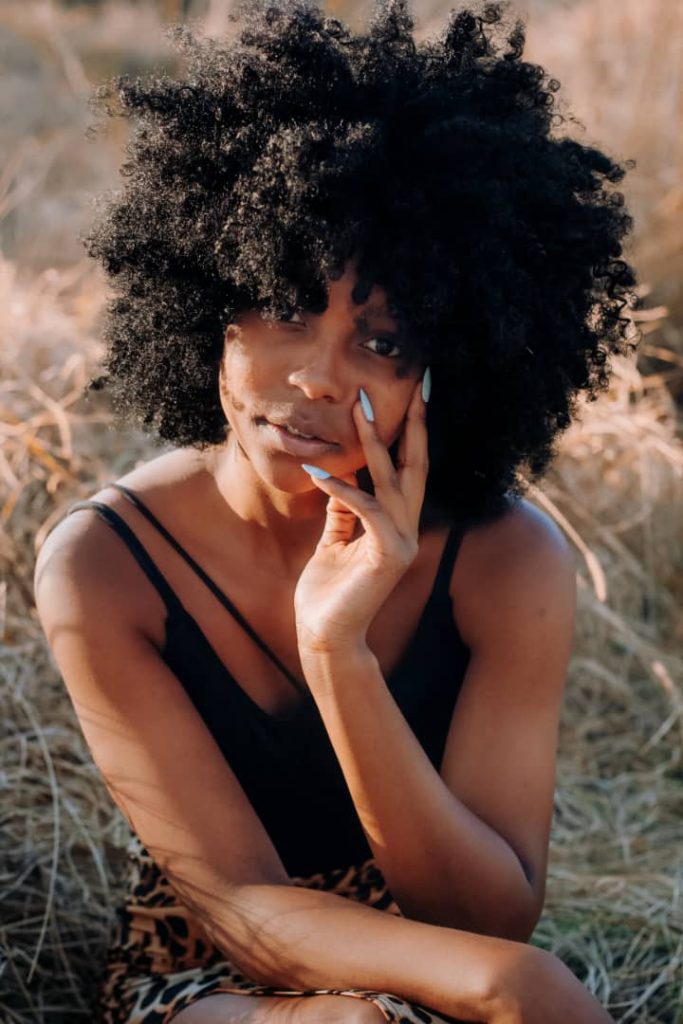
EM: Do you think the modelling industry in Zimbabwe is competitive enough to remain relevant and sustainable for the foreseeable future?
SM: It’s true that the modeling industry in Zimbabwe is competitive and constantly evolving. However, I believe that there is still room for growth and sustainability in the industry. Zimbabwe has a rich cultural heritage, which can be leveraged to create a unique and recognizable brand of modeling. In addition, there is an increasing interest in eco-friendly fashion and sustainable practices, which could be a niche that the Zimbabwean modeling industry could explore.
EM: Tertiary institutions have been, of late, producing models who go on to clinch national and international crowns. Do you think the modelling industry has what it takes to contribute to the recently adopted Education 5.0 like other extra-curricular disciplines?
SM: It’s true that modeling has become a popular extra-curricular activity for tertiary students in Zimbabwe, and there have been notable success stories. However, I don’t think the modeling industry alone has what it takes to fully implement Education 5.0. While modeling can help to develop skills such as confidence, poise, and presentation, it’s important to remember that Education 5.0 is more than just about skills development. It’s also about preparing students for the future of work, and for a rapidly changing world. This means that education needs to be more holistic, and it needs to include a focus on other areas.
EM: Thanks, Selma, for finding the time to chat with us, all the best and enjoy your reign!
